Commentaries
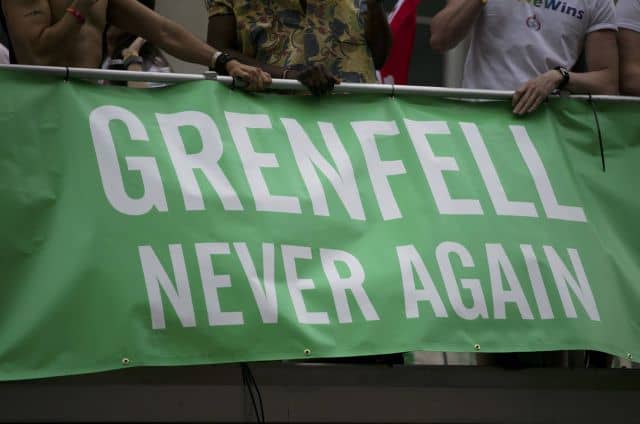
Challenges ahead: understanding and protecting the end-users of the built environment
The recent flammable cladding crisis has highlighted that inhabitants are not receiving the attention they deserve for better outcomes. Trivess Moore and David Oswald (both at RMIT University) explain why the research community needs to create a research agenda that focuses on the end-users of the built environment: their health, wellbeing, social value and lifestyle needs as well as the avoidance of risks, defects, natural hazards and stranded assets. This will give researchers greater influence on policy, practice and outcomes.

Challenges ahead: why research must focus on potential problematic consequences and provide proactive built-in fail-safes
Everything has consequences. Indeed, a fundamental goal of much construction management (CM) research is precisely to create consequences and bring about positive change. However, exactly how such consequences will manifest is not always predictable, which also makes them highly challenging. Fred Sherratt (University of Colorado, Boulder) explains why CM research needs to shift its focus from questions of 'if we can' to 'if we should' in order to embrace consequential consideration.

Challenges ahead: sustainable design is much more than addressing climate change
Humanity is changing the Earth's climate quickly and substantially. Huge impacts are now evident on the weather, oceans, ecosystems and certainly on buildings and cities. So much remains to be done around the world to reshape our infrastructure for the ongoing and coming impacts from human-caused climate change. Ilan Kelman (University College London) explains why the challenge is doing so without losing sight of other minor and major dangers.
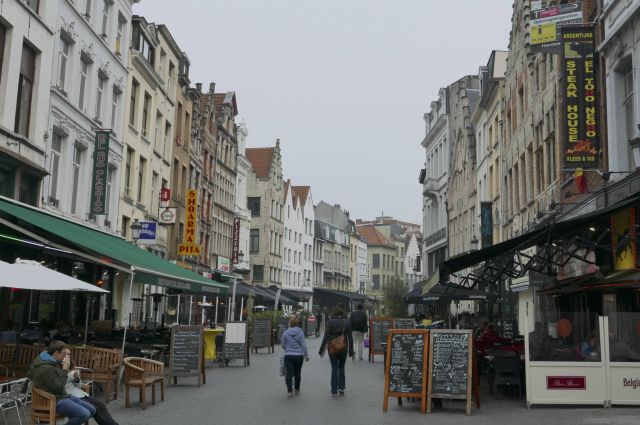
Challenges ahead: framing urban research as a commons activity and as a research agenda
The focus of urban research has shifted in recent years.While the traditional focus was on aspects of urban provision (e.g. mass transit, housing, other infrastructure), the recent emphasis has shifted to the 'end goals' of urbanisation - e.g. sustainability, resilience, well-being, etc. In all these, a constant underlying theme has been the emphasis on creating and managing places. Rohinton Emmanuel (Glasgow Caledonian University) explains why future research needs to focus on the urban commons.

Challenges ahead: how the conduct of research needs to change
How might the conduct of research need to change in the future? What are the lessons for built environment research from the Covid pandemic? Raymond J Cole (University of British Columbia) considers whether and why knowledge production outside the purview of disciplinary-based research is increasing needed. Addressing rapid change and the complex multi-faceted consequences of a warming climate will challenge existing research methodologies and is likely to require increased interdisciplinarity. New ways of working will also require overcoming organisational barriers and a deeper understanding of the needs of decisionmakers.
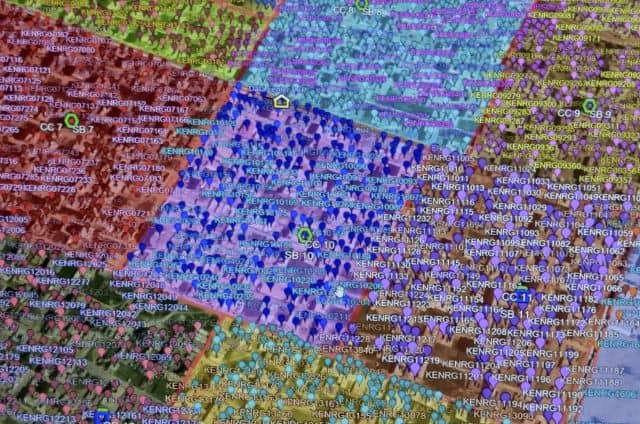
Why regulatory interfaces should be re-opened and re-experimentalised to produce more socially just data-driven cities.
Andrea
Pollio
(Polytechnic of Turin and University of Cape Town) comments on a paper in the Buildings
& Cities special issue
Data Politics in the Built Environment: 'Disruptive data: historicising the
platformisation of Dublin's taxi industry'. This commentary considers the broader
political economy logics that underlie the datafication of cities. There is an
important (often missing) role for the state to have an active role in creating
planning, regulation and state entrepreneurialism in relation to the private
sector.

A new process for evaluating political parties' manifestos for climate mitigation
Many voters in many countries accept that climate change is more important and more urgent than other political drivers - yet governments all around the world have consistently failed to act forcefully and quickly enough to turn the tide. The imminent elections could be an opportunity to change this - but only if voters have the information they need to rank political parties coherently with regard to climate-change policies. Jason Palmer (Cambridge Architectural Research Ltd, Cambridge Energy, University College London) describes a process for assessing political parties' manifestos for action on climate mitigation.
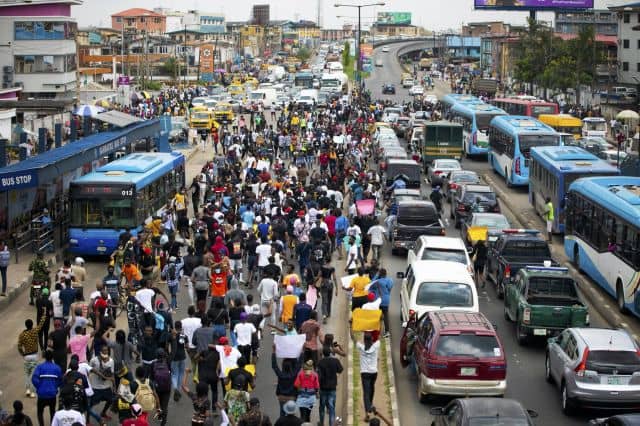
Applying lessons from indigenous urban planning can make Nigerian cities more sustainable
Mokọ́ládé Johnson (University of Lagos) explains why Nigerian cities have lost their vernacular approaches to urban planning and the resulting negative impacts that arise. Could former indigenous urban design principles be adapted to inform contemporary urban planning practices?

Lessons on how vernacular design is informed by the local climate.
One of the characteristics of vernacular architecture is that it is a process involving continuous adaptation as a response to social and environmental constraints (ICOMOS 1999). C. Irem Gencer (Yıldız Technical University) considers how modern architecture in Turkey can embrace principles from vernacular designs to become more climate resilient.

Could stone help to lower the ecological footprint of buildings?
Summarising a recent research paper, Timothée de Toldi (Bouygues Immobilier SAS) makes a case for the increased use of stone as a building material. In the transition to a low-carbon economy, stone has attractive qualities in terms of durability, low embodied energy, a robust life cycle assessment, and can assist with passive cooling thereby lessening the need for operational energy.
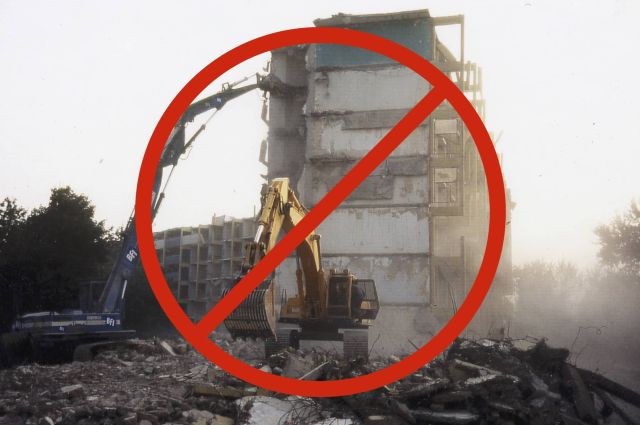
Demolition has far-reaching consequences for people, nature and the climate. What can be done to slow its rate?
André
Thomsen (Delft University of Technology) comments on the
recent Buildings & Cities special issue 'Understanding Demolition' and explains why this phenomenon is only beginning to be understood more fully as a social and behavioural set of issues. Do we need an epidemiology of different demolition rates?
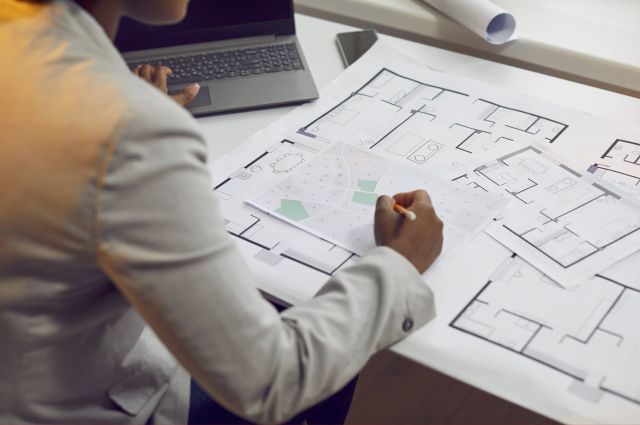
Why urban planning needs to become more diverse and inclusive.
Safaa Charafi asks: is it possible to decolonialise the planning profession to create more inclusive and egalitarian urban settings? It is widely accepted that cities are built by men for other men. This male domination in urban planning results in cities that often do not adequately address challenges encountered by women or ethnic and social minorities. Although efforts are being taken to include women in urban planning, women of colour are still under-represented in many countries, resulting in cities that often overlook their needs.

Governments need to provide a clear policy and strategy for low-carbon heating so implementation can gather momentum.
Engineer Chris Twinn (Twinn Sustainability Innovation and LETI member) argues that the urgency of decarbonisation means that UK (and other countries) must make clear decisions about a heating system strategy and its implementation. Prevaricating will make the transition slower and risk missing important climate commitments.

How can research assist architects & others to substantiate the intended social benefits in an architectural project?
Edward Ng (Chinese University of Hong Kong) provides an architect's perspective on the Buildings & Cities special issue 'Social Value of the Built Environment'.
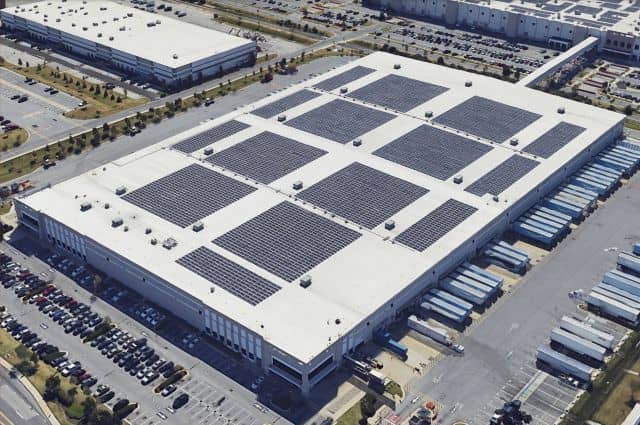
Have civil society and governments ceded too much power and influence to a few tech corporations? Why analysis of the smart city needs to include private sector data.
Dillon Mahmoudi (University of Maryland, Baltimore County) and Alan Wiig (University of Florida) comment on the contributions of the Buildings & Cities special issue Data Politics in the Built Environment. This commentary considers how tech corporates such as Amazon are changing urban life and creating new forms of automated surveillance.

Why more just and democratic ways are needed for living in smart built environments.
Miguel Valdez (Open University) comments on the contributions of the Buildings & Cities special issue Data Politics in the Built Environment. This commentary considers an additional perspective and provides an additional foundation to support more progressive data politics in the built environment. The three Aristotelian virtues of 'techne', 'episteme' and 'phronesis' and epistemic justice provide suitable lenses to critique smart city politics.
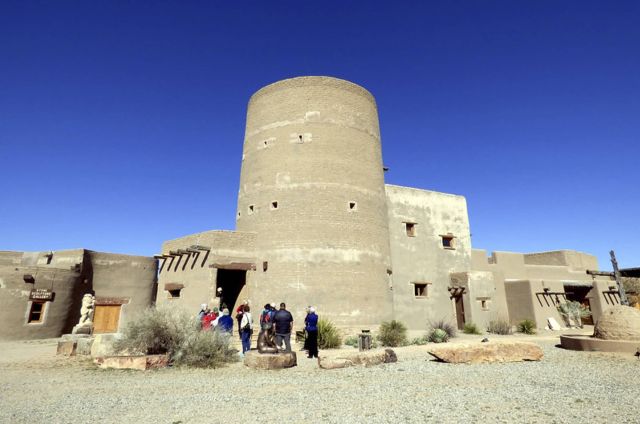
Both technical advancements AND human- and nature-centred solutions of culture & heritage are needed.
Lori Ferriss (Architecture 2030) reflects on her attendance at COP28. Although COP28 included many wins for the built environment, it also marked a moment of missed opportunity to include valuable indigenous and heritage knowledge and culture-based climate solutions in the built environment agenda. Recommendations are made for improving policy pathways and the role of research.

Will space heating use hydrogen or electric heat pumps? The solution may not be that simple.
Jon Saltmarsh (Energy Systems Catapult; previously at UK Department for Energy Security and Net Zero) reflects on the polarised debate around how best to decarbonise homes in the UK. Lessons from the UK may have resonance for other nations in their own journey towards low carbon heating in homes.

The rationale and implications of ensuring adequate daylight provision are considered for designing cities and buildings.
The World Health Organization lists universal access to clean air, clean water, nutritious food and safe shelter as key components of public health, Lisa Heschong (author, architectural researcher & a fellow of the Illuminating Engineering Society), argues that access to ample daylight, both outdoors and indoors, should be added to that list. Evidence from many different scientific fields1 reveal that humans live healthier, happier, more productive lives with daily exposure to the natural patterns of sunlight.
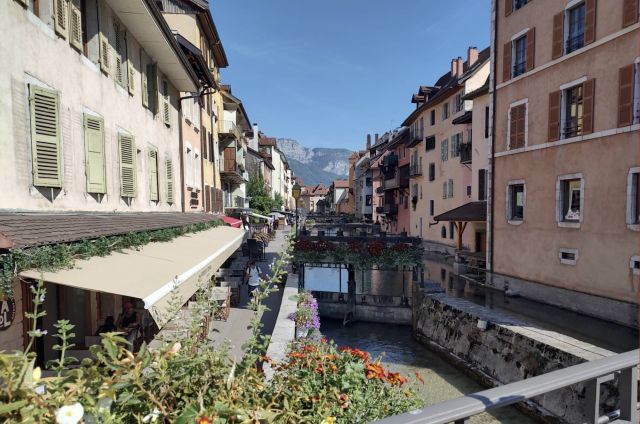
Important lessons for keeping cool in summer can be adapted from cities with hot climates
Samantha Organ (University of the West of England), Stephanie Organ (science communicator) and Quentin Deronzier (NTN Europe) respond to the Buildings & Cities special issue 'Alternatives to Air Conditioning: Policies, Design, Technologies, Behaviours' by considering how vernacular architecture and modern technology could provide solutions for the increasingly severe problem of summer overheating in European cities.
Latest Peer-Reviewed Journal Content
Energy sufficiency, space temperature and public policy
J Morley
Living labs: a systematic review of success parameters and outcomes
J M Müller
Towards a universal framework for heat pump monitoring at scale
J Crawley, L Domoney, A O’Donovan, J Wingfield, C Dinu, O Kinnane, P O’Sullivan
Living knowledge labs: creating community and inclusive nature-based solutions
J L Fernández-Pacheco Sáez, I Rasskin-Gutman, N Martín-Bermúdez, A Pérez-Del-Campo
A living lab approach to co-designing climate adaptation strategies
M K Barati & S Bankaru-Swamy
Mediation roles and ecologies within resilience-focused urban living labs
N Antaki, D Petrescu, M Schalk, E Brandao, D Calciu & V Marin
Negotiating expertise in Nepal’s post-earthquake disaster reconstruction
K Rankin, M Suji, B Pandey, J Baniya, D V Hirslund, B Limbu, N Rawal & S Shneiderman
Designing for pro-environmental behaviour change: the aspiration–reality gap
J Simpson & J Uttley
Lifetimes of demolished buildings in US and European cities
J Berglund-Brown, I Dobie, J Hewitt, C De Wolf & J Ochsendorf
Expanding the framework of urban living labs using grassroots methods
T Ahmed, I Delsante & L Migliavacca
Youth engagement in urban living labs: tools, methods and pedagogies
N Charalambous, C Panayi, C Mady, T Augustinčić & D Berc
Co-creating urban transformation: a stakeholder analysis for Germany’s heat transition
P Heger, C Bieber, M Hendawy & A Shooshtari
Placemaking living lab: creating resilient social and spatial infrastructures
M Dodd, N Madabhushi & R Lees
Church pipe organs: historical tuning records as indoor environmental evidence
B Bingley, A Knight & Y Xing
A framework for 1.5°C-aligned GHG budgets in architecture
G Betti, I Spaar, D Bachmann, A Jerosch-Herold, E Kühner, R Yang, K Avhad & S Sinning
Net zero retrofit of the building stock [editorial]
D Godoy-Shimizu & P Steadman
Co-learning in living labs: nurturing civic agency and resilience
A Belfield
The importance of multi-roles and code-switching in living labs
H Noller & A Tarik
Researchers’ shifting roles in living labs for knowledge co-production
C-C Dobre & G Faldi
Increasing civic resilience in urban living labs: city authorities’ roles
E Alatalo, M Laine & M Kyrönviita
Co-curation as civic practice in community engagement
Z Li, M Sunikka-Blank, R Purohit & F Samuel
Preserving buildings: emission reductions from circular economy strategies in Austria
N Alaux, V Kulmer, J Vogel & A Passer
Urban living labs: relationality between institutions and local circularity
P Palo, M Adelfio, J Lundin & E Brandão
Living labs: epistemic modelling, temporariness and land value
J Clossick, T Khonsari & U Steven
Co-creating interventions to prevent mosquito-borne disease transmission in hospitals
O Sloan Wood, E Lupenza, D M Agnello, J B Knudsen, M Msellem, K L Schiøler & F Saleh
Circularity at the neighbourhood scale: co-creative living lab lessons
J Honsa, A Versele, T Van de Kerckhove & C Piccardo
Positive energy districts and energy communities: how living labs create value
E Malakhatka, O Shafqat, A Sandoff & L Thuvander
Built environment governance and professionalism: the end of laissez-faire (again)
S Foxell
Co-creating justice in housing energy transitions through energy living labs
D Ricci, C Leiwakabessy, S van Wieringen, P de Koning & T Konstantinou
HVAC characterisation of existing Canadian buildings for decarbonisation retrofit identification
J Adebisi & J J McArthur
Simulation and the building performance gap [editorial]
M Donn
Developing criteria for effective building-sector commitments in nationally determined contributions
P Graham, K McFarlane & M Taheri
Join Our Community

The most important part of any journal is our people – readers, authors, reviewers, editorial board members and editors. You are cordially invited to join our community by joining our mailing list. We send out occasional emails about the journal – calls for papers, special issues, events and more.
We will not share your email with third parties. Read more

Latest Commentaries
COP30 Report
Matti Kuittinen (Aalto University) reflects on his experience of attending the 2025 UN Conference of the Parties in Belém, Brazil. The roadmaps and commitments failed to deliver the objectives of the 2025 Paris Agreement. However, 2 countries - Japan and Senegal - announced they are creating roadmaps to decarbonise their buildings. An international group of government ministers put housing on the agenda - specifying the need for reduced carbon and energy use along with affordability, quality and climate resilience.
Building-Related Research: New Context, New Challenges
Raymond J. Cole (University of British Columbia) reflects on the key challenges raised in the 34 commissioned essays for Buildings & Cities 5th anniversary. Not only are key research issues identified, but the consequences of changing contexts for conducting research and tailoring its influence on society are highlighted as key areas of action.